1152 A career in postwar medicine
Improbable Journeys: From Crossing the Himalayas on Horseback to a Career in Obstetrics and Gynaecology
by Dr. Bernard A.O. Binns and Ron Smith
Oakville, ON: Rock’s Mills Press, 2020
$29.95 / 9781772441932
Reviewed by John Kenwright
*
Editor’s note: Occasionally we run two reviews of the same book at The British Columbia Review. May Q. Wong has already (April 8, 2021) reviewed the medical memoir Improbable Journeys by Bernard Binns and Ron Smith, but we were unable to resist the opportunity to publish this welcome additional review by John Kenwright, previously Nuffield Professor of Orthopaedic Surgery at Oxford University – Richard Mackie
*
 This fascinating story records the adventurous life of Dr Bernard Binns (born 1934), a surgeon specialising in Obstetrics and Gynaecology and later in infectious diseases. Improbable Journeys, however, is not all about medical matters. It describes adventures that should appeal to anyone interested in travel, especially to places infrequently visited; also, to those interested in the way of life in such countries, or to those who just enjoy reading about the intrepid — a word which also applies to Dr Binns’ wife, Elaine, herself a medical doctor.
This fascinating story records the adventurous life of Dr Bernard Binns (born 1934), a surgeon specialising in Obstetrics and Gynaecology and later in infectious diseases. Improbable Journeys, however, is not all about medical matters. It describes adventures that should appeal to anyone interested in travel, especially to places infrequently visited; also, to those interested in the way of life in such countries, or to those who just enjoy reading about the intrepid — a word which also applies to Dr Binns’ wife, Elaine, herself a medical doctor.
The literary style of Improbable Journeys is attractive, and the story is told in a compelling manner by the adventurer and his co-author, Ron Smith. Bernard Binns’ extraordinary memory for details of past events makes each chapter uniquely captivating. The dual authorship with Smith has helped greatly when uncovering these memories, and in deciding what to include to create the book’s magic.
In the early chapters we accompany the 10-year-old Bernard, travelling with his family, as he crosses the Himalayas on horseback, donkey, and yak, in order to reach Chinese Turkestan, where Bernard’s father had been appointed as a doctor with the British Consular Service. This was a perilous journey, made twice, lasting over six weeks each way, using the ancient northern silk route in order to reach this isolated place. This area is now called Xinjiang, home of the Uyghur people. These travels make a fine story on their own.
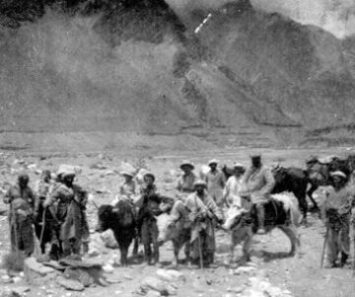
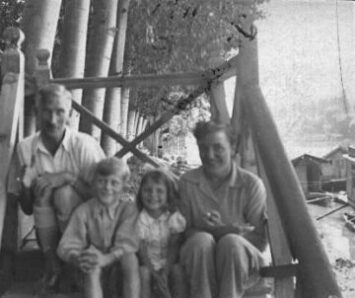
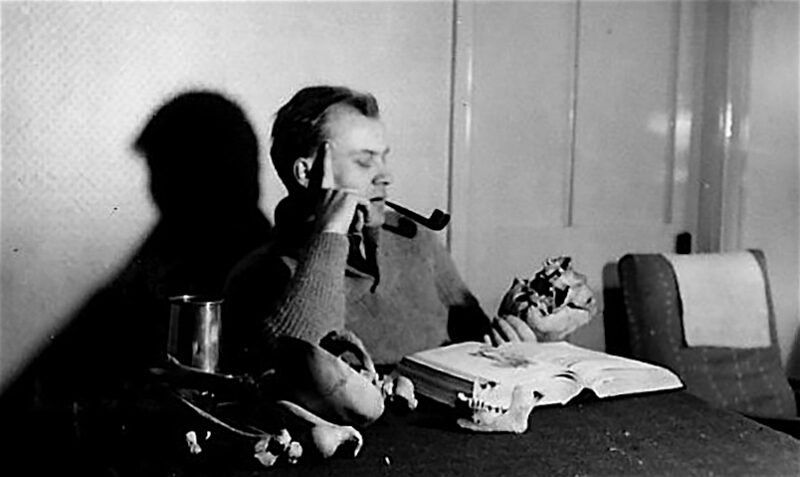
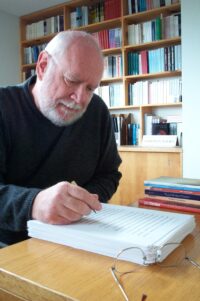
After the war and on his return to England, Bernard enrolled in Nottingham High School. Much to his surprise, within six months his father accepted a posting with the Colonial Office in Northern Nigeria, a medical appointment he held for the next ten years. It was on a visit with his parents in Minna, Nigeria, that the young Binns first witnessed his father’s fascination with science and medicine, when he attended an emergency operation his father performed on a local man who had been run over by a train. Here the seeds were planted for Bernard’s future career choice.
Later chapters describe life as a medical student at a London teaching hospital in the 1950s, including a graphic description of an interview for selection of students by a committee comprising eminent London consultants, and an account of the teaching methods employed during that era. Medical students were taught by consultants, using gentle cross-examination; the group surrounding the patient, who lay on a bed in the open ward. These never-to-be-forgotten clinical skills were passed on in this way to the next generation.
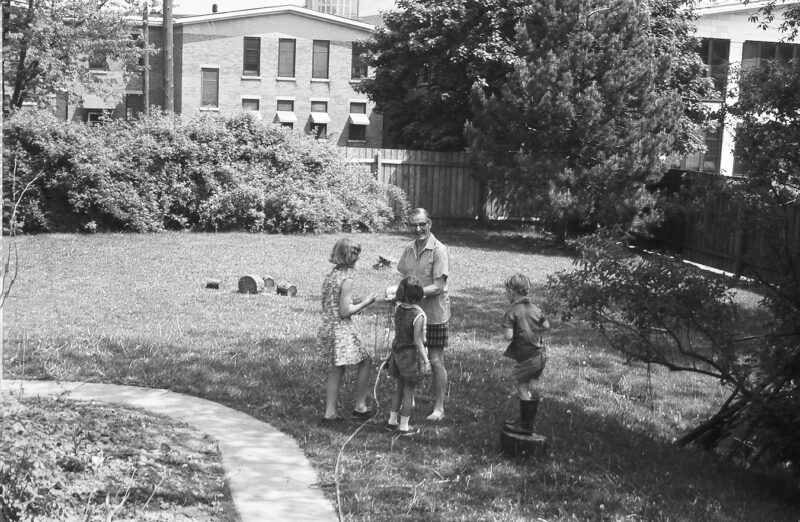
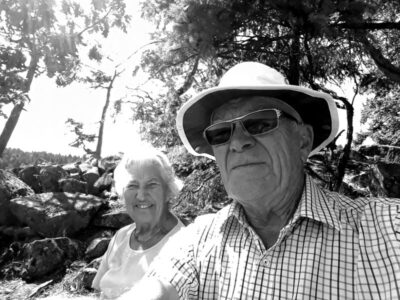
Subsequent chapters describe a remarkable life of living and working in Canada (London, Ontario, and Winnipeg, Manitoba) and the UK, with a two-year secondment to Uganda in the era of the ascent of President Idi Amin. Later, the family returned to Winnipeg, from where Bernard also visited Arctic Canada to provide medical services to the Inuit population. He crusaded for facilities to allow patients to be treated close to their homes, rather than transported for treatment to a far-away city. In the north, Dr Binns not only treated individuals, but, as in all the other places where he worked, he tried to improve the organisation of treatment and of medical education. He learned to listen to the power of a patient’s story as the first step in healing.
Eventually, Drs Bernard and Elaine Binns retired to Vancouver Island, from where they accepted locum positions in countries as far away as New Zealand.
Improbable Journeys: From Crossing the Himalayas on Horseback to a Career in Obstetrics and Gynaecology is an engaging story, well told. I recommend this book wholeheartedly.
*
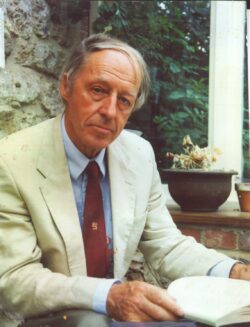
Dr John Kenwright is previously Nuffield Professor at Oxford University.
*
The Ormsby Review. More Books. More Reviews. More Often.
Publisher and Editor: Richard Mackie
The Ormsby Review is a journal service for in-depth coverage of B.C. books and authors. The Advisory Board consists of Jean Barman, Wade Davis, Robin Fisher, Cole Harris, Hugh Johnston, Patricia Roy, Maria Tippett, and Graeme Wynn. Scholarly Patron: SFU Graduate Liberal Studies. Honorary Patron: Yosef Wosk. Provincial Government Patron since September 2018: Creative BC
“Only connect.” – E.M. Forster